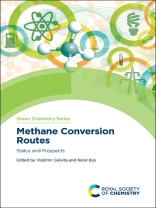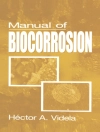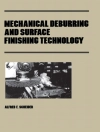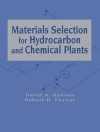Currently the majority of carbon-based feedstocks come from fossil fuels of which there is a finite supply. Methane is an abundantly available carbon-based feedstock, with large amounts now available through fracking and renewable sources available from biogas plants. However, methane is not very chemically reactive. One of the remaining “grand challenges” in chemistry is the development of clean, efficient, affordable processes that allow methane to be converted to other high value molecules.
Highlighting the recent advances in methane activation and direct conversion processes this book discusses the progress and current state of the art for a wide variety of alternative methane activation and subsequent conversion processes, including homogeneous- and heterogeneous catalytic, electrocatalytic and pyrolytic systems. It is a useful resource for anyone working in green chemistry, catalysis and chemical engineering.
Table of Content
Methane Valorization Processes: Challenges and Achievements;Turquois Hydrogen: Methane Pyrolysis as a Low-CO
2 Source of H
2;Syngas-free Methane-to-methanol via Catalysis and Oxygen Looping;Conversion of Methane to Acetylene;Homogeneously Catalysed Functionalization of Methane;Methane Pyrolysis for CO
2-free Hydrogen Production;Biological Methane Conversion;The Potential of Chemical Looping Solutions for Direct Methane Conversion;Process Intensification Opportunities for Direct Methane Valorisation;Separations in Processes for Methane Conversion;Methane Direct Conversion: An Industrial View;Concepts of Methane Activation












